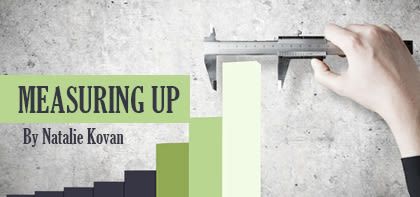
Measuring Up
Do we often measure our lives against what others have or don't have? Are we like preschoolers who whine and complain to Hashem at the unfairness of it all?

I was reflecting on an incident a few years back, involving my then preschool aged daughter and friends. There they sat around our table, waiting for the snacks to be doled out. As I began to pour the bag of Bamba into individual bowls, a sudden mist of silence settled upon the little group. Their eyes wide, mouths puckered in concentration, they were carefully monitoring my ‘measure-ability’–a word I have coined to describe a person’s ability to measure out snacks fairly and equitably. Each pair of eyes followed my every move, every nuance, and every flick of the wrist. I half expected each of them to rummage through their Hello Kitty backpacks, each producing their own set of rulers, scales, and their official color coded preschool measuring cups, sponsored by the NOT FAIR association, otherwise known as the National Organization To Free All Injustices in the Redistribution of Snacks—or something like that. I pictured each of them with their own pint size purple surveyor equipment, along with glittery pink little microscopes, in order to ensure a scientifically sound outcome for one and all.
There was one child in the group who became flustered with the end results. As soon as I left the room she took action, literally taking matters into her own hands. She gingerly went around, I was told, and helped herself from everyone’s plates. This almost resulted in absolute mutiny from those assembled, as each one made their feelings vociferously known regarding this gross injustice. After confirming with the child that she had indeed done what they said, I told her that I was sorry, and took her plate away. Maybe I took the wrong approach, but after a long day of squabbling preschoolers, that was the best I could do.
This entire episode got me thinking about how often we measure our lives against what others have or don’t have, and how just like preschoolers we whine and complain to Hashem at the unfairness of it all. It’s so easy to get into the mode of self-pity and basically let Hashem know how we have been shortchanged.  Why can’t I have X? Or Y? Or Z? Why does it seem like my neighbor has it easier/better/more financially comfortable? And Hashem, while we are at it, wouldn’t I make a better candidate for the national lottery instead of that poor woman down in Hoboken living in a trailer park with her twenty five cats? Why Hashem, why?
Why can’t I have X? Or Y? Or Z? Why does it seem like my neighbor has it easier/better/more financially comfortable? And Hashem, while we are at it, wouldn’t I make a better candidate for the national lottery instead of that poor woman down in Hoboken living in a trailer park with her twenty five cats? Why Hashem, why?
And of course, as we have learned in Breslev 101, ingratitude, especially in regards to the Creator of the Universe, will get you nowhere. I myself take an example from my own parenting. When any of our kids get on a kick of “You never buy me anything,” or “how come you always give him everything?” or of course the universal “everybody has except for me,” the last thing I feel like doing is to actually give them anything. Just the opposite. I feel like they are being total ingrates, and in the end, I want to give them NOTHING.
Hashem, of course, is much more merciful on His creations. He doesn’t send a ‘Hand’ from heaven pointing down at us and saying “Go to your room—and think about how ungrateful you are being for all the good I do for you, day in and day out!” Why should Hashem give us anything, when we are walking around with our little metaphorical measuring cups, trying to comprehend why we have gotten the short end of the proverbial measuring stick? A person who is never happy with his or her lot in life will always feel as if they are lacking, no matter how many blessings Hashem heaps upon them.
When we look over at our neighbor and say, “Hashem—is my neighbor more worthy than I that you have to give them a car? Or another child? Or a raise (please insert personal lack here). And when You were handing out the mazel (good fortune, “luck”) in Shamayim before sending me down to this earth, did mine really have to be on the low side of the spectrum? Why can’t I also have what my neighbor has? Am I such a bad person? Not as beloved to You? In essence what I am saying is, Master of the Universe, I think You may have made a mistake…..
Does Hashem make mistakes? Never! He knows exactly what tools, what circumstances and what group of individuals each person needs in order to accomplish what they need to on this earth. Whenever I begin to feel down, for example, that my kids’ knowledge of Halacha, or Torah in general has superseded my own, I give myself my emergency ‘baalat teshuva (returnee to Jewish life) pep talk’. One—if Hashem wanted me to be a frum from birth Jew, I would have been born into a Chassidish shtreimel-wearing Boro Park family in New York. Two– I would have been educated in a fine institution along the lines of a Beit Chana or Beit Rochel or Beit Yaakov—not Miami Beach Senior High. And most importantly—He is running the show, and as much as I think that I know what I need, He actually knows much, much better. I am simply following the course He set for me, and trying to do my best with the script I have been given. It is not easy to cede control, even to the Master of the Universe—but the more I believe that He knows what is best for me, the more I can help bring out the best in myself.
After all this introspection about constantly measuring myself to others, I realized there was an even uglier side to this whole thing. I asked myself honestly: how come when my neighbor is going through a tough time, or when I hear about a tragedy, lo aleinu, I feel for that person? I try to imagine although I may not want to, their pain; I replay in my mind over and over how this person must be feeling, and how they are coping. Their pain, simply by being part of Klal Yisrael, becomes my pain. I can’t get their situation out of my mind, and I bless them that Hashem should give them the ability to cope and to bless them with only goodness…..
Now, what if, for example, my neighbors got a new car, when I either have a beat up old jalopy, or—when I have none? Do I rejoice in their good news? Do I go around saying, “Wow! They must be so happy!” Of course not! I make it all about me! I probably would say, “Hashem—what’s a car for You? Can’t You also deem it favorable for me to have one, and can You just drop it down right here in this empty parking space?”
Recently, I attended a Torah Class in which a world renowned Rebbetzin explained a beautiful concept which helps to bring home this very idea: when we rejoice in others good fortune, Hashem drops some of that abundance into our lap on the way to give to them. In other words, Hashem doesn’t take away from us in order to give to someone else. When we train ourselves to feel true happiness at others abundance, Hashem takes note and blesses us in turn for developing a ‘good eye’.
There is a universal phrase that parents like to say to their kids, which goes along the lines of “If I thought it would be good for you, I would give it to you.” As parents, we feel we have life experience enough that we know if our children really need something—and if it is to their benefit. If we, flesh and blood limited humans can trust ourselves, then how much more so should we trust Hashem, our Merciful Father Who understands exactly what we do or do not need. If we needed a car, He would send it. If we needed that promotion, He would give it. And if winning the lottery is to our benefit, He would will it.
Measuring our lives by the yard stick of others existence is an exercise in futility. Instead of enjoying the bounty Hashem has given us, we are too busy envying those around us, for no other reason than to aggravate ourselves. It’s like trying to fit our feet in a pair of shoes two sizes too small, not caring if they pinch—as long as we have them, because, well—everybody has them!
Even if they are not our size, even if the color is off, and we don’t particularly care for the style….we will try to fit into someone else’s shoes simply because they MUST look better on us. So—if the shoe doesn’t fit—well, then I guess we have no business trying to wear it!
So…the next time I will measure something, I hope it is just the ingredients for a cake. A chocolate cake. With chocolate icing. And chocolate frosting…not bitter* chocolate…you get the picture. I hope that Hashem helps me to keep tasting the sweetness in my life, without becoming bitter at the blessings of another—and that I am continuously able to wish sweetness upon everyone I meet—no matter how big their piece of ‘chocolate cake’ is in this world!
*thanks Etty!





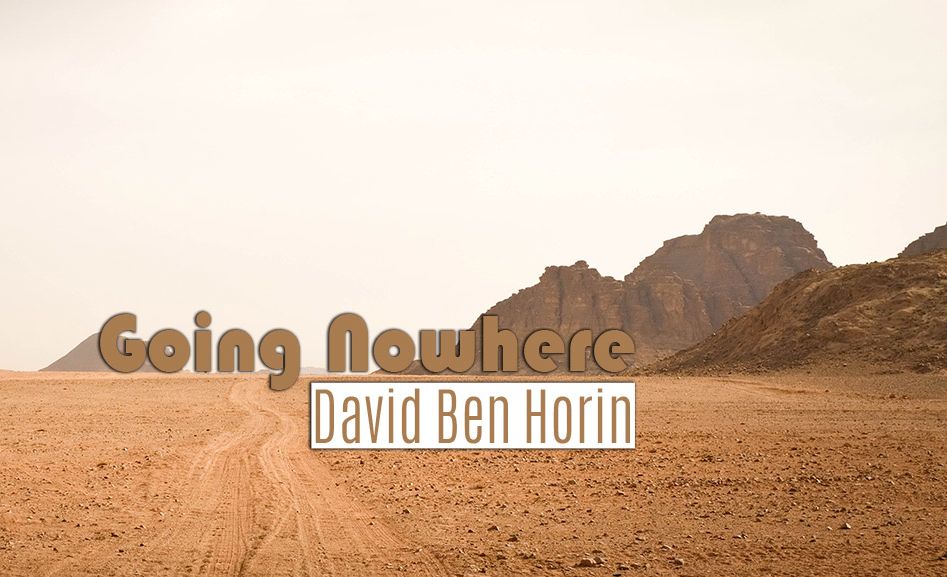
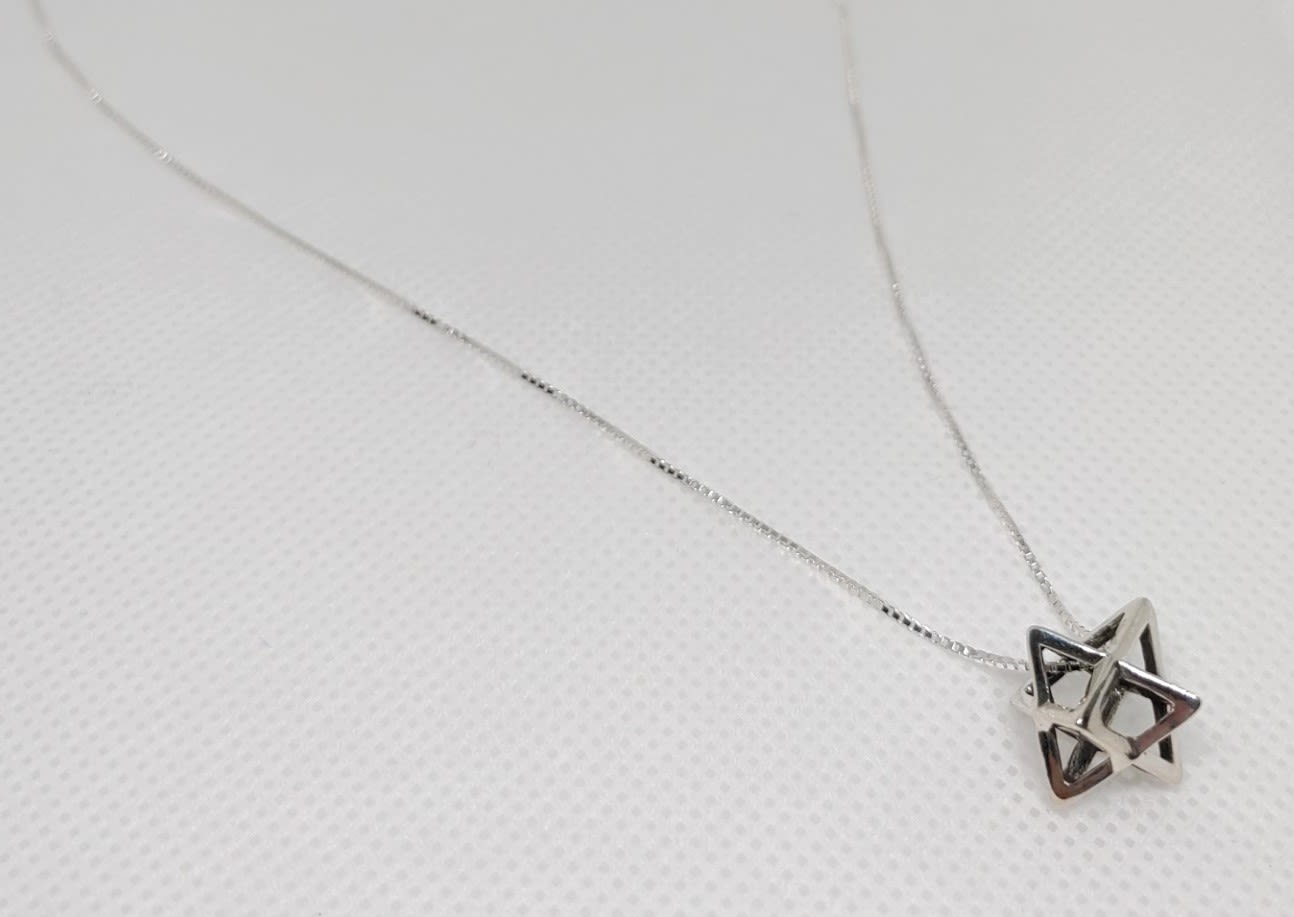

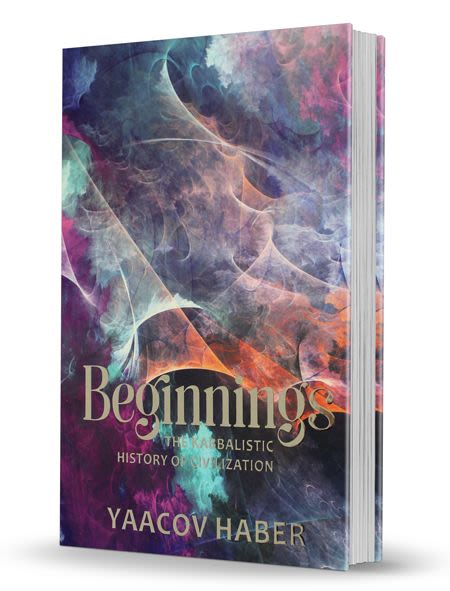
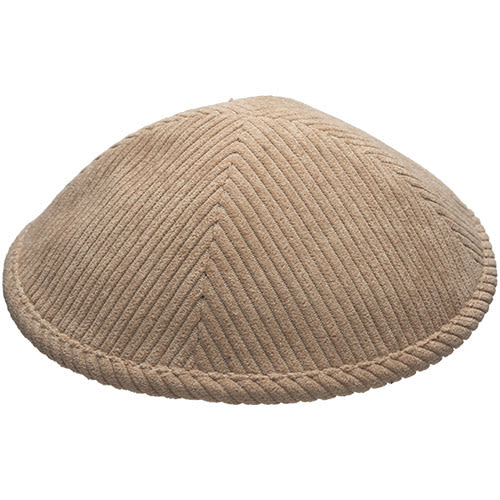
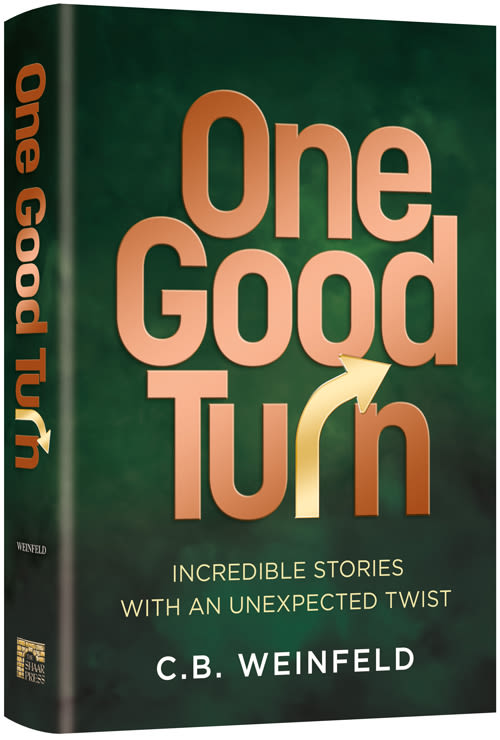
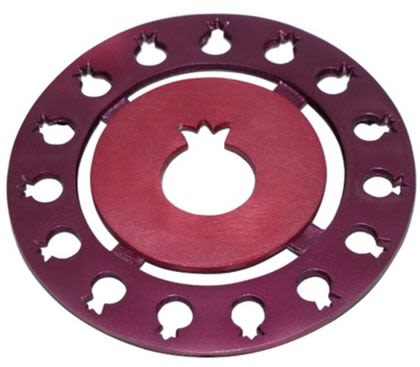
Tell us what you think!
Thank you for your comment!
It will be published after approval by the Editor.